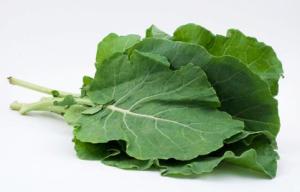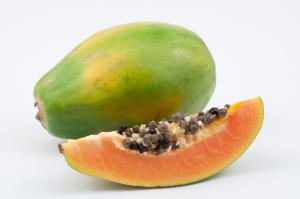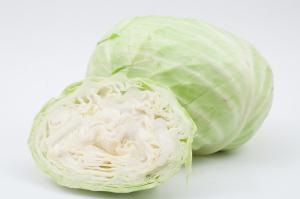Introduction
Indigestion, also known as dyspepsia, describes several different stomach ailments such as acid reflux, heartburn, bloating, and gastritis. Indigestion may be a symptom of a disorder in the stomach or the intestines, or it may be a disorder by itself.
Causes of Indigestion
- Swallowing air-by chewing with the mouth open, talking while chewing, or gulping down food.
- Drinking liquids with meals as it dilutes the enzymes needed for digestion.
- Certain foods and beverages that irritate the digestive tract such as alcohol, caffeine, greasy, spicy, or refined foods and vinegar.
- Intestinal obstruction.
- Lack of friendly bacteria.
- Mal-absorption.
- Peptic ulcers.
- Disorders of the gallbladder, liver, or pancreas.
- Food allergies and intolerances such as lactose intolerance.
- Pancreas inflammation (pancreatitis)
Other causes included:
- Overeating
- Eating too quickly
- Fatty or greasy foods
- Spicy foods
- Too much caffeine
- Too much alcohol
- Too much chocolate
- Too many carbonated beverages
- Smoking
- Nervousness
- Emotional trauma
- Medications, including antibiotics, and some pain relievers
- Peptic ulcers
- Gallstones
- Stomach cancer
When a cause for indigestion can't be found after a thorough evaluation, a person may have functional dyspepsia. Functional dyspepsia is a type of indigestion that occurs because of weakening of the stomach's ability to accept and digest food and then pass that food to the small intestine.
Prevention and treatment
Recommendations
- If you are prone to indigestion, consume well balanced meals with plenty of fiber-rich foods such as fresh fruits, vegetables, and whole grains.
- Include in your diet fresh papaya (which contains papain) and fresh pineapple (which contains bromelain).These are good sources of beneficial digestive enzymes.
- Limit your intake of lentils, peanuts, and soya beans. They contain an enzyme inhibitor.
- Avoid bakery products, beans, caffeine, carbonated beverages, citrus juices, fried and fatty foods, pasta, peppers, potato chips and other snack foods, red meat, refined carbohydrates (sugar), tomatoes, and salty or spicy foods.
- For relief of occasional digestive difficulties, use charcoal tablets, available in health food stores. These are good for absorbing gas and toxins. Do not take for long periods of time.
- Chew foods thoroughly. Digestion starts in the mouth and chewing signals the rest of the digestive system to prepare to break down the food for absorption.
- Do not eat when you are upset or overtired.
- Do not drink liquids while eating. This dilutes the stomach juices and prevents proper digestion.
- Find out which foods your body has trouble digesting, and stay away from foods that cause a reaction such as fresh milk to lactose intolerant people.
- If you are experiencing an excess of acid backup with heartburn symptoms, see your doctor to rule out gastro esophageal reflux disease (GERD) or heartburn.
- If you develop heartburn and the symptoms persist, consult your health care provider. If the pain begins to travel down your left arm, or if the sensation is accompanied by a feeling of weakness, dizziness, or shortness of breath, seek medical help. The early symptoms of a heart attack can be very much like those of indigestion, particularly heartburn, and as a result, many people mistakenly dismiss them.
 |
| Kale |
|
© Biovision
|
 |
| Papaya |
|
© Biovision
|
 |
| Cabbage |
|
© Biovision
|
 |
| Pineapple |
|
© Biovision
|
Review Process
1. Draft supplied by Dr Alice O'Ndong March 2010
2. Formatting by Infonet 2011
3. Update by Alice Ndong February 2012
Information Source Links
- Patrick Holford; Improve your digestion; The drug free guide to achieving you're a healthy digestive system, (2000).
- Phyllis A. Balch, and James F Balch, Prescription for Nutritional healing, (2000). 3rd Edition.
